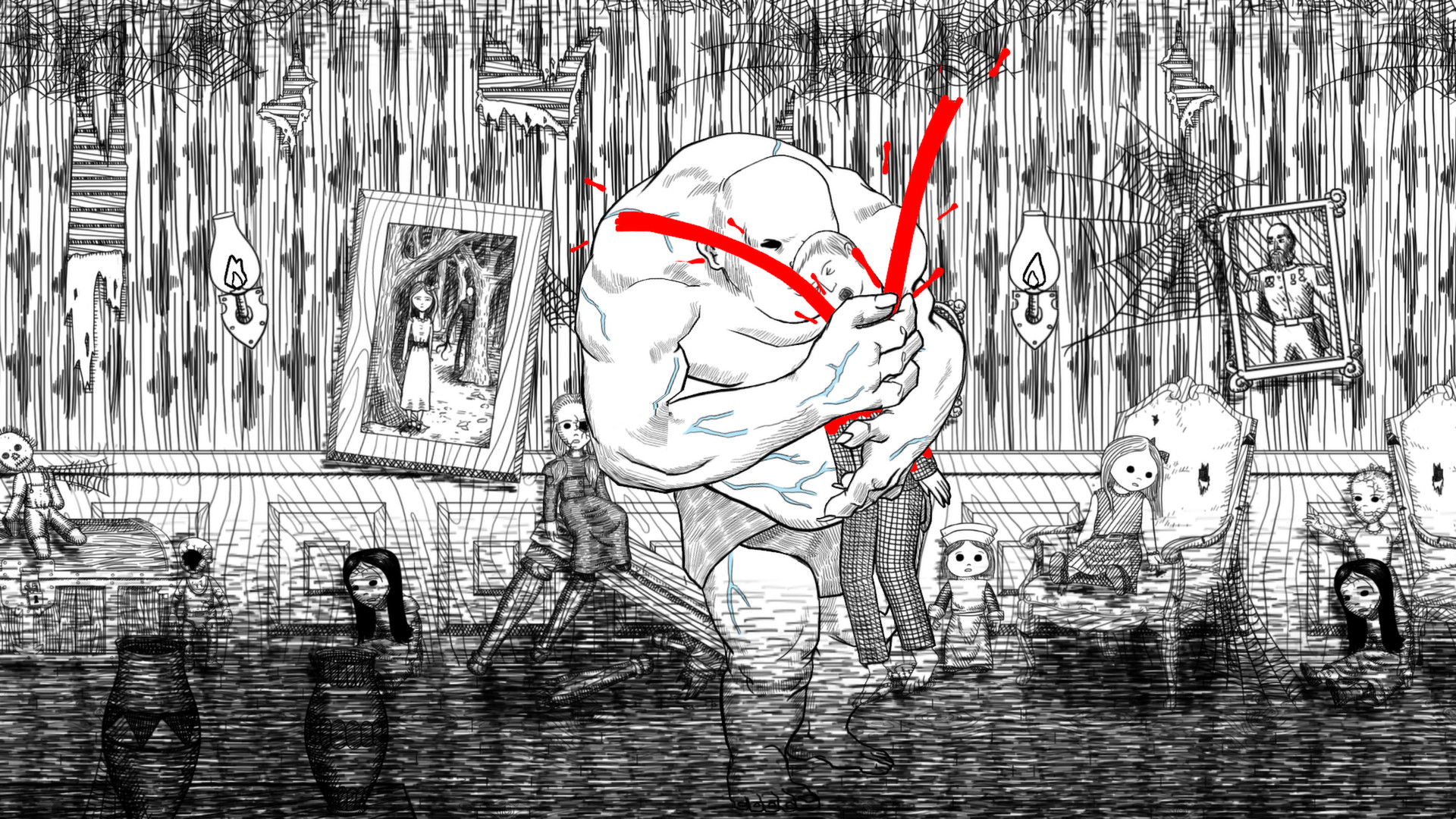From grand retreats to Grand Theft Auto, walking (and talking) simulators can help offset anxiety
Mental Health Awareness Week | These games prove talking, and walking, helps

It's Mental Health Awareness Week, and we've been exploring our own games and mental health stories, and showcasing prominent games in this space – such as Actual Sunlight, Fixation and The Company of Myself, and Neverending Nightmares. Today, we're looking at not one game, but a sub-genre that exists in and of itself, but also extends its principles to games that already operate in different spaces. Here, we consider the benefits of walking (and talking) simulators to our mental health.
CONTENT WARNING: This article explores themes of loneliness, depression and anxiety


This terrifying horror game about OCD helped me understand conditions different to my own
The first walking simulator I ever played was the 2012 commercial iteration of The Chinese Room's Dear Esther. First created a Source engine mod in 2008, this was the first experience that made me question what a video game really was. Here, there were no guns. No ballistics. No baddies. No bosses, no battles or bullets. In 2012, I'm unsure if the term 'walking simulator' had yet infiltrated everyday gaming parlance, but that's exactly what this game was: a simulation of walking, in this instance around an unnamed island in the Hebrides of Scotland.
At the time, it wasn't for everyone (and still isn't), but I found it magical. Of course, playing a video game about walking cannot, and should not, replace the real thing, but I found the simplicity of wandering around such a gorgeous setting while doing very little besides existing and ticking-off a pretty straightforward to-do list of objectives to be properly enchanting. As with any of the games we've mentioned in relation to Mental Health Awareness Week so far – none can replace seeking professional help, but Dear Esther was the first game that could genuinely offset my anxiety, and help calm me down in real-life. Since, games like Firewatch, Everybody's Gone to the Rapture, What Remains of Edith Finch, Journey, Gone Home, The Unfinished Swan, and The Vanishing of Ethan Carter have all had the same effect.
But it's not just the games that are easily identifiable as 'walking simulators' that can help ease anxiety. Some of the best comfort games offer the same thing, not least Animal Crossing: New Horizons, The Sims and Minecraft. Moreover, if you're looking for something a little more up-to-date, you might fancy checking out the best upcoming cozy games to help switch off your mind and pick up your mood. Fortnite Creative is a nice space to chill with friends, or wander off on your own for some peace of mind – and I've even inadvertently happened upon pseudo mental health groups, who use the GTA 5 roleplay scene to meet up and talk about their innermost quandaries.
I speak from direct experience when I say talking helps in relation to issues of mental health, and if you're struggling to do that in real-life – trust me, it's hard – then doing so with strangers or into the virtual void in video games is a decent place to start.
Check out these 10 games to help kickstart conversations about mental health
Weekly digests, tales from the communities you love, and more

Joe Donnelly is a sports editor from Glasgow and former features editor at GamesRadar+. A mental health advocate, Joe has written about video games and mental health for The Guardian, New Statesman, VICE, PC Gamer and many more, and believes the interactive nature of video games makes them uniquely placed to educate and inform. His book Checkpoint considers the complex intersections of video games and mental health, and was shortlisted for Scotland's National Book of the Year for non-fiction in 2021. As familiar with the streets of Los Santos as he is the west of Scotland, Joe can often be found living his best and worst lives in GTA Online and its PC role-playing scene.


